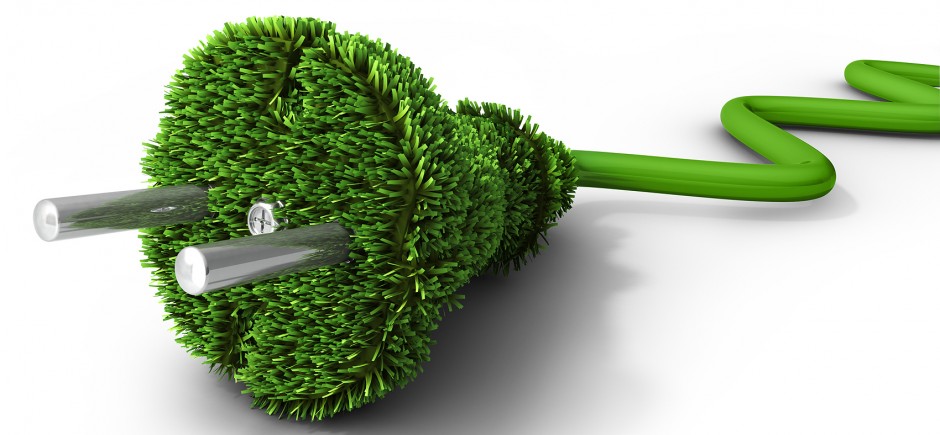Although measures have been taken by the Singapore government in reducing energy usage and reliance, these measures must be complemented by its people. For instance, energy savings from the use of energy efficient products could be greatly reduced due to wastage of energy through human behaviour (Berkhout, Muskens, & Veldhuijsen, 2000). This is especially salient as it has been found that the energy demand in households has increased (Seow, 2014). Inconvenience, lack of information, and lack of knowledge are key barriers to the performance of pro-environmental behaviors. Ways to overcome these barriers have been applied to the reduction of electricity consumption. As such, some suggestions for reducing use of energy according to these barriers are outlined here.
SUGGESTIONS FOR POLICY-MAKERS
1. Feedback on electricity consumption based on electrical appliances. (barrier targeted: lack of information and inconvenience)
In order for companies and households to reduce their consumption of electricity, they must first know how much electricity they consume. This information is provided in the monthly electricity bill (Singapore Power, 2014). However, the monthly bill does not provide consumers with a breakdown of the amount of electricity used by the various electrical appliances in their company or household. As such, it is difficult for companies and households to reduce their consumption of electricity due to insufficient information. This is especially so because electricity is not seen when it is consumed (Fischer, 2008). Hence, if companies and households wanted to reduce their electricity consumption, they would have to do it via trial-and-error, or employ an auditing company to inform them of how they can go about reducing electricity consumption. This makes it inconvenient for people to actually reduce their consumption of electricity. As such, it has been recommended that feedback could be given to companies and households based on a breakdown of electricity consumption of electrical appliances (Fischer, 2008). The monthly bill is an exceptionally good medium of providing feedback, because it has been found that feedback is most effective in reducing electricity consumption when given frequently (Abrahamse, Steg, Vlek, & Rothengatter, 2005).
2. Improve accuracy of impact of energy consumption. (barrier targeted: lack of knowledge)
It was found that people generally have a misconception about energy consumption differences across devices and activities (Attari, DeKay, Davidson, & Bruin, 2010). This misconception could be attributed to the lack of concern for energy conservation issues as compared to other more salient environmental issues (Allcott & Mullainathan, 2010). Although these studies were not done in Singapore, the findings are in line with common judgment errors that are well-documented in research of judgment and decision making. Perhaps efforts could be concentrated on raising public awareness of energy consumption issues in Singapore, and this could be done effectively through mass media. Such efforts should highlight the lack of fuel reserves in Singapore, as well as the urgent need to conserve these reserves through curbing people’s individual use of them.
SUGGESTIONS FOR US AS INDIVIDUALS
1. Curb usage of air-conditioners, water heaters, and refrigerators.
As air-conditioners, water heaters, and refrigerators constitute more than 75% of total electricity used across all types of housing (National Environmental Agency, 2013), households could start by curbing their usage of these electrical appliances. As such, we can:
- use fans instead of air-conditioners
- open windows for ventilation
- set temperature of air-conditioners to 25 degrees
- set the air-conditioner to turn itself off after an hour of usage and continue to ventilate the room with a fan instead
- use the water heater only when necessary
- try not to put hot/warm items in the refrigerator as this increases electricity consumption
2. Replace old electrical appliances with energy-efficient ones.
Note that we should only replace appliances only when they are old and need to be replaced. Replacing appliances that are still in good working condition with newer and more energy efficient ones adds on to energy consumption instead, as energy is required by companies to produce the newer energy efficient appliances.
Also, note that even after switching to energy efficient appliances, we must continue to curb our usage of electricity. Using energy efficient appliances does not license us to consume more electricity in place of the energy supposedly saved. By curbing electricity consumption in conjunction with the use of energy efficient appliances, then can we achieve greater savings in money as well as electricity.
